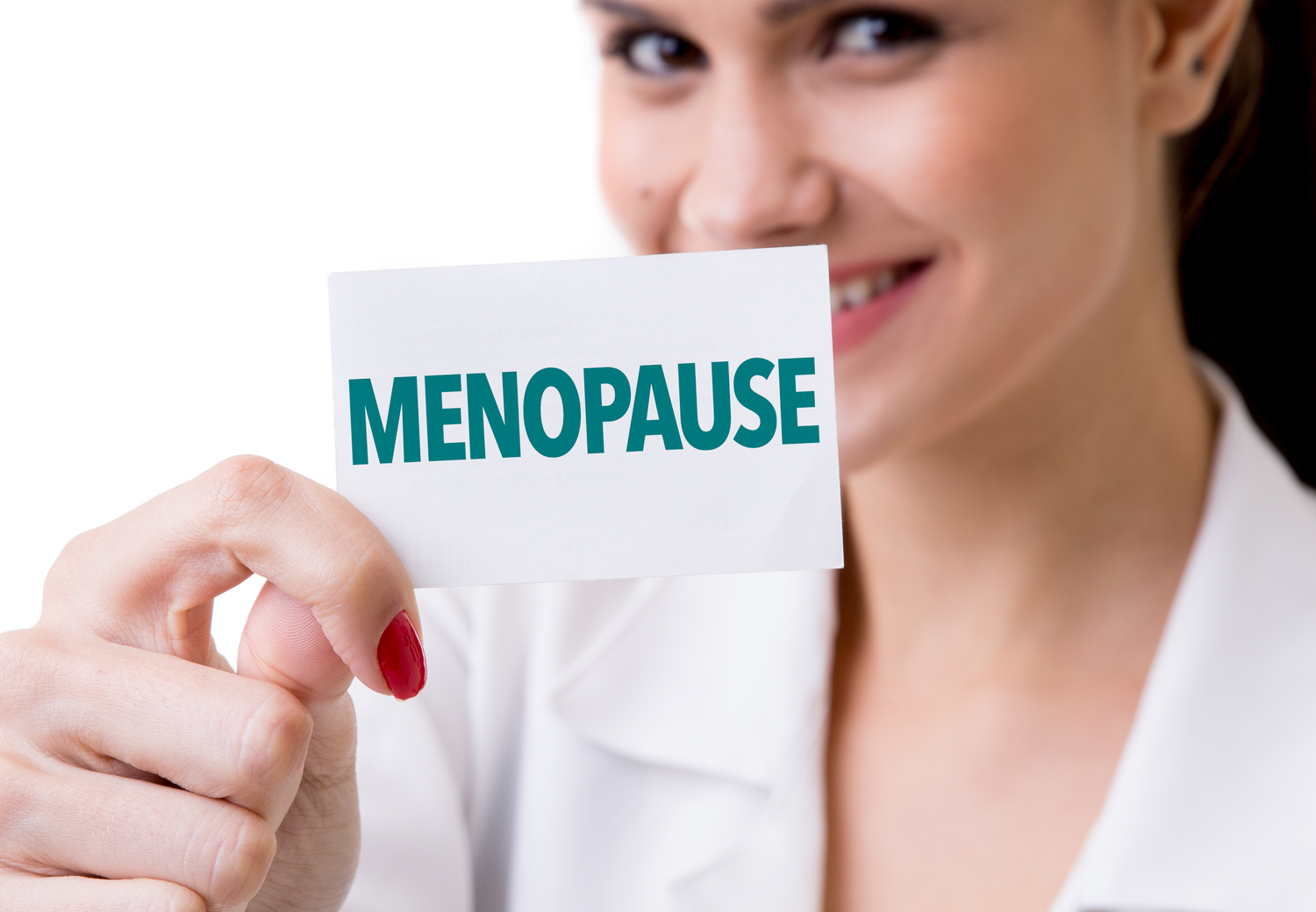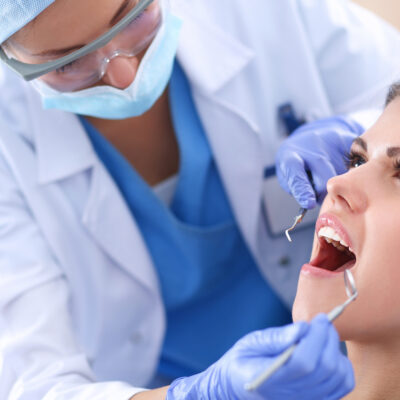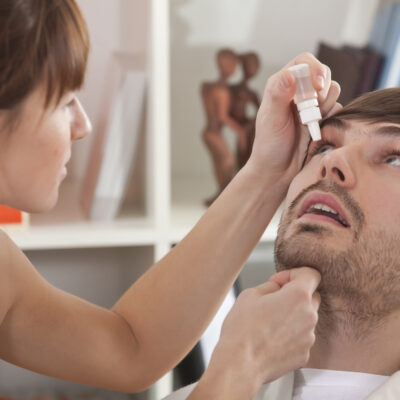
An overview of menopause
Menopause begins when there is no occurrence of menstrual periods for more than 12 months. This indicates the permanent end of menstruation.
It is a normal biological process and occurs in women in their 40s or 50s. The average age for the onset of menopause for women in the country is 51.
Symptoms
In the months before menopause (perimenopause) sets in, women have symptoms like irregular periods, trouble sleeping, chills, mood swings, dry vagina, night sweats, weight gain or slow metabolism, hot flashes, hair thinning, reduced breast fullness, and dry skin. Every woman goes through different symptoms when they are approaching menopause.
The usual menstrual cycle gets disturbed and periods could be skipped, or the cycle can be shorter or occur close together for a few months. During this phase, women can still get pregnant.
Causes
- Drop in reproductive hormones
Estrogen and progesterone are the hormones responsible for menstruation. The levels of these hormones start reducing once women reach their late 30s. As a result, their fertility declines as well.In their 40s, women start to see a change in their menstrual cycles, like change in the duration of their cycle, the amount of discharge, etc. By the age of 51, most women stop having periods as their ovaries are unable to produce eggs.
- Hysterectomy
A hysterectomy involves the removal of the uterus. This does not lead to menopause since the ovaries are still present and produce eggs. However, a surgery where the ovaries are removed leads to menopause.Such a procedure stops periods and brings about menopausal symptoms like hot flashes, etc, and they tend to be severe since it is a sudden change, rather than a gradual one.
- Cancer treatment
Treatments like chemotherapy and radiation therapy can lead to menopause soon after the completion of treatment. The disruption in the menstrual cycle can be temporary and birth control measures might still be necessary. - Primary ovarian insufficiency
Genetic factors or autoimmune diseases can disrupt the production of reproductive hormones by resulting in primary ovarian insufficiency.Roughly, 1% of women go through menopause before reaching the age of 40. However, there is no obvious cause for it. For such women, hormone therapy is available to help prevent the condition from worsening.
Treatment
In most cases the signs and symptoms of menopause are temporary. The treatments for menopause are aimed at managing and reducing discomfort caused by the symptoms. Treatments can involve estrogen therapy that helps to reduce hot flashes and vaginal dryness.
Antidepressants, gabapentin, and clonidine are some of the other medications that are used to deal with hot flashes. For osteoporosis treatment or prevention, doctors can recommend medications as well.
There are also changes in lifestyle along with natural remedies that can help minimize discomfort caused by menopause. Consult with doctors to discuss your options before deciding the treatment.


